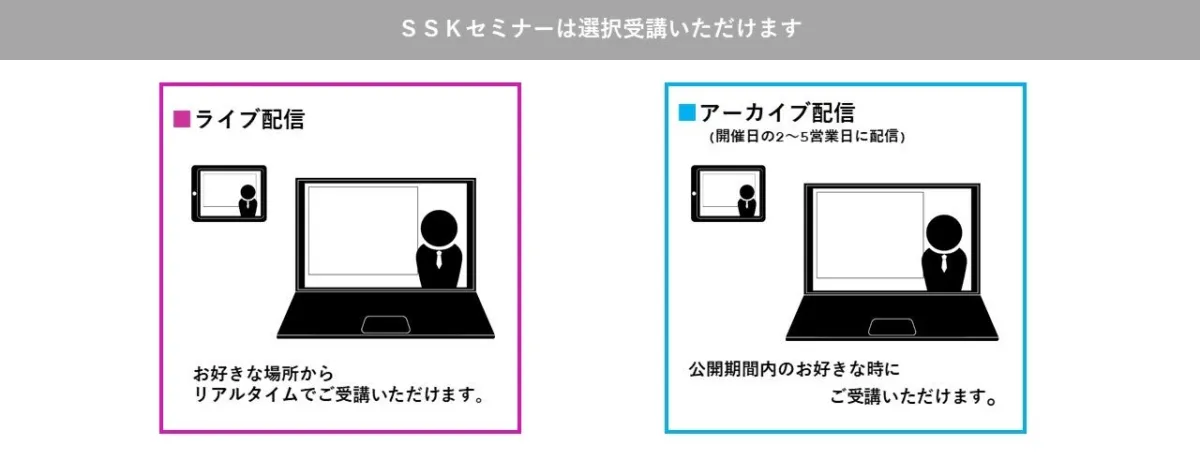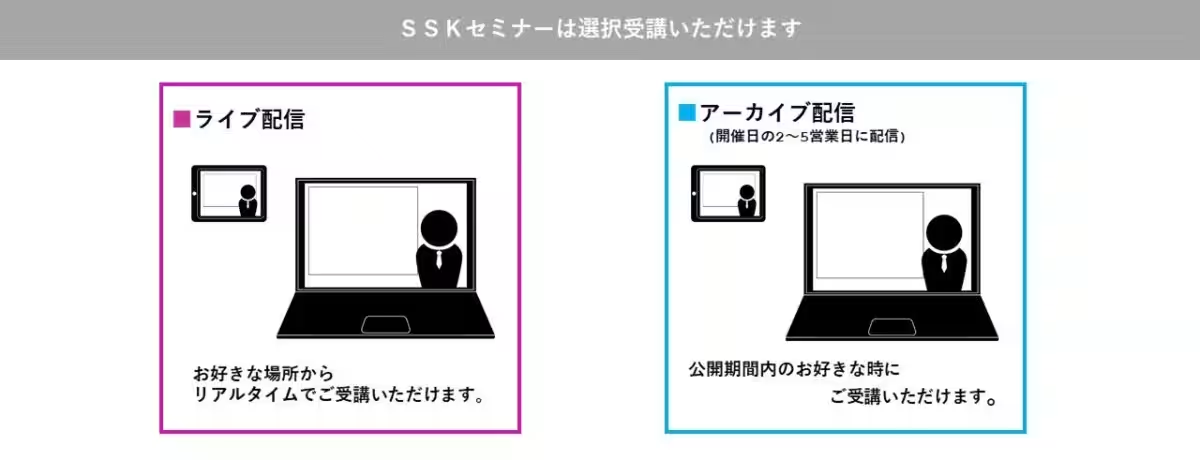

Exploring International Trends in Decarbonization and Renewable Energy: A Seminar Announcement
Upcoming Seminar on Decarbonization and Renewable Energy Trends
A seminar titled "International Trends in Decarbonization and Renewable Energy" is set to take place on May 27, 2025, hosted by Yasuda Akira, an academic visitor at the University of Strathclyde and a guest professor at Kyushu University's Offshore Wind Research and Education Center. Yasuda also serves as a senior researcher at the Institute for Sustainable Energy Policies (ISEP).
Seminar Details
- - Date: May 27, 2025 (Tuesday)
- - Time: 3:00 PM - 6:00 PM (JST)
- - Method of Participation: Live streaming via Zoom Webinar, with an archive available for two weeks for flexible viewing.
Key Topics of Discussion
Since Donald Trump took office as the 47th President of the United States in January 2025, significant changes have occurred in U.S. policies concerning decarbonization and renewable energy, including the withdrawal from the Paris Agreement. Additionally, the recent election changes in Germany have fuelled speculation about potential setbacks in the nation’s green energy policies. It is notable that discussions around decarbonization in Japan often carry negative connotations, such as "backward steps" or "decarbonization fatigue."
In contrast, international bodies like the United Nations and agencies such as the International Energy Agency (IEA) and the International Renewable Energy Agency (IRENA) have made substantial strides in forming discussions and agreements in recent years. An example of this momentum is the IEA's "World Energy Outlook" report, released in October 2024, which estimates that renewable energy will comprise about 90% of the power generation mix by 2050.
Countries like the UK and Australia have also raised their decarbonization targets following government transitions. However, this positive news often does not penetrate the information landscape within Japan, leading to an expanding gap in information and growing asymmetry.
Furthermore, Japan's 7th Basic Energy Plan, approved by the Cabinet in February 2025, maintains renewable energy's share at 40-50% for 2040, significantly lagging behind international discussions. This discrepancy highlights the substantial gap between international dialogues and national discourse.
Seminar Outline
1. International Trends in Decarbonization and Japan's Position
- Discussions on decarbonization and renewable energy within international organizations.
- Perspectives from major world powers concerning their decarbonization initiatives.
- An overview of Japan's stance on decarbonization and renewable energy.
- The disconnect between international discussions and domestic dialogues.
2. International Discussions on Large-scale Renewable Energy Integration
- The need for flexibility in energy systems.
- Electrification and sector coupling.
- Addressing external costs and benefits associated with renewable solutions.
3. Challenges and Solutions for Japan
- The impact of misinformation and the need for a scientific approach.
- Tackling unscientific narratives and advocating for Evidence-Based Policy Making (EBMP).
4. Q&A Session
For more information, you can contact the New Social System Research Institute (SSK) at their Tokyo office:
- - Location: 4F, Zaimax Nishishinbashi Building, 2-6-2 Nishishinbashi, Minato-ku, Tokyo
- - Email: [email protected]
- - Phone: 03-5532-8850
- - Website: SSK Website
About SSK
Founded on December 6, 1996, the New Social System Research Institute (SSK) has been a leading provider of business seminars, hosting around 500 events annually to equip organizations with cutting-edge strategic, marketing, and technology information tailored to diverse business environments. SSK is dedicated to remaining a strategic partner to its clients by continuously delivering high-quality insights and information essential for organizational success.

Topics Environment)










【About Using Articles】
You can freely use the title and article content by linking to the page where the article is posted.
※ Images cannot be used.
【About Links】
Links are free to use.